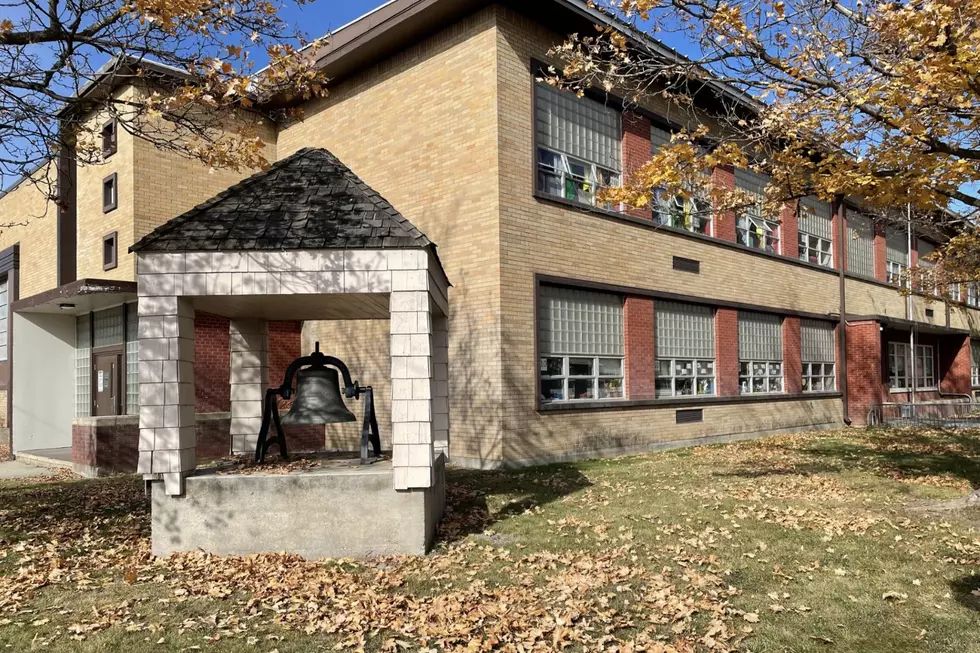
Montana Passenger Rail Efforts Just Took a Big Step Forward
Efforts to make it possible for you to travel by train across Montana's "Southern Route" are taking a big step forward this week, with the request for the federal government to launch a rail corridor study.
But just as importantly, the new request from the Big Sky Passenger Rail Authority doesn't just cover Montana, but the entire "Route of the Hiawatha" between Chicago and Seattle. And there's some feeling that could increase the chances of the study receiving federal funding.
For the past 3-plus years, the Big Sky Passenger Rail Authority has been working on plans to restore the passenger rail service that was eliminated during Amtrak cutbacks in the late 1970s. While Amtrak has continued to run trains along the Hi-Line, Southern Montana hasn't had any rail service at all.
The efforts have been picking up momentum
Not only are many Montana counties supporting the effort, but transportation leaders in adjoining states have also been signing on to show support, turning what had been a Montana-based drive into a much larger initiative.
Now, BSPRA leaders are announcing they've submitted a "Corridor ID Program" proposal to the Federal Railroad Administration, asking the FRA to release funds from the Federal Infrastructure Bill to pay for a complete study on restoring the "Hiawatha" service.
"This route is already in the Federal Railroad Administration long-distance study," BSPRA Chairman Dave Strohmaier notes. "That's taking a look at discontinued Amtrak routes."
Study would analyze all the service restoration costs
Strohmaier says if the BSPRA application is accepted, the study would pay for a complete "service level" analysis of what it would take to bring passenger rail service back to not only Montana but the entire route from Chicago to Seattle-Portland. He says is could take several months to secure the funding, but he remains optimistic about bringing passenger trains back.
"We put a man on the moon in 10 years," Strohmaier says. "Surely we can restore a passenger rail route in a more compressed timeframe than that."
14 Destinations to Visit With Direct Flights From Missoula
More From Newstalk KGVO 1290 AM & 98.3 FM









